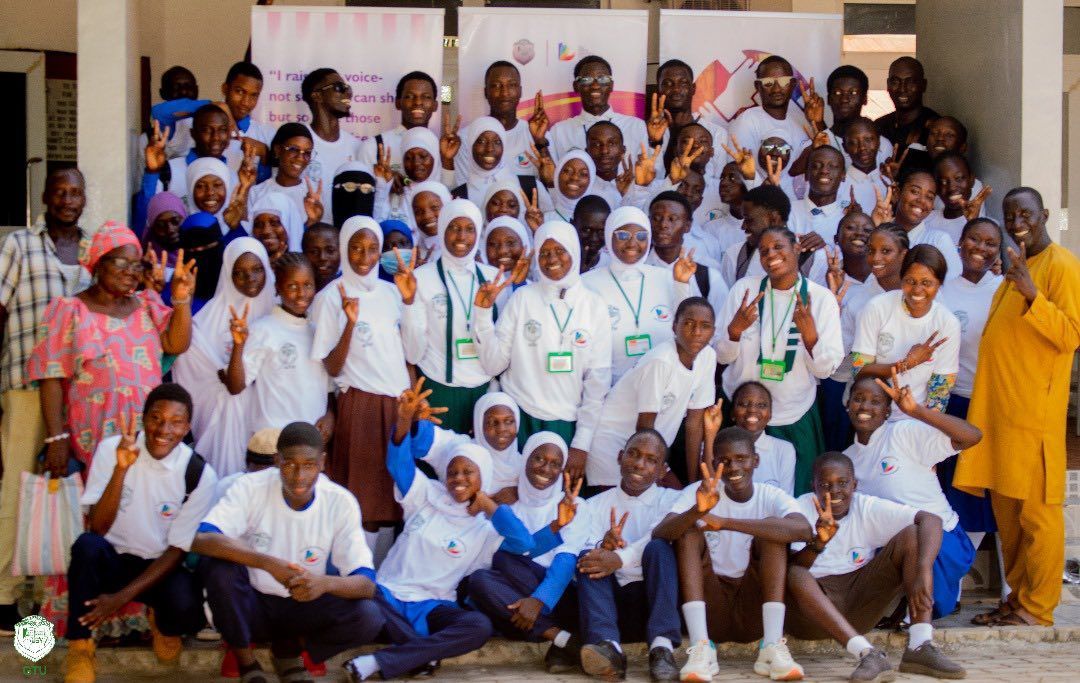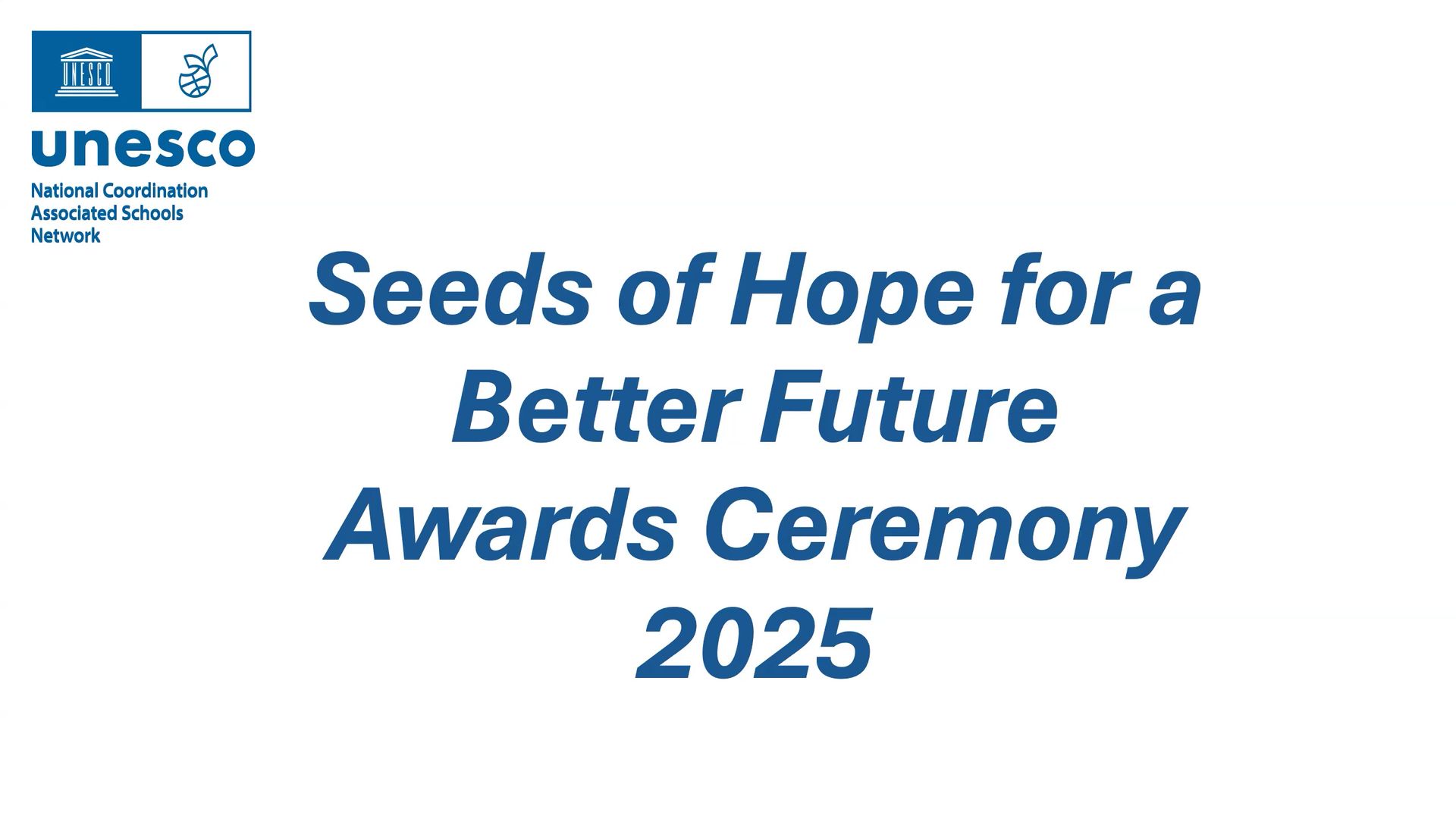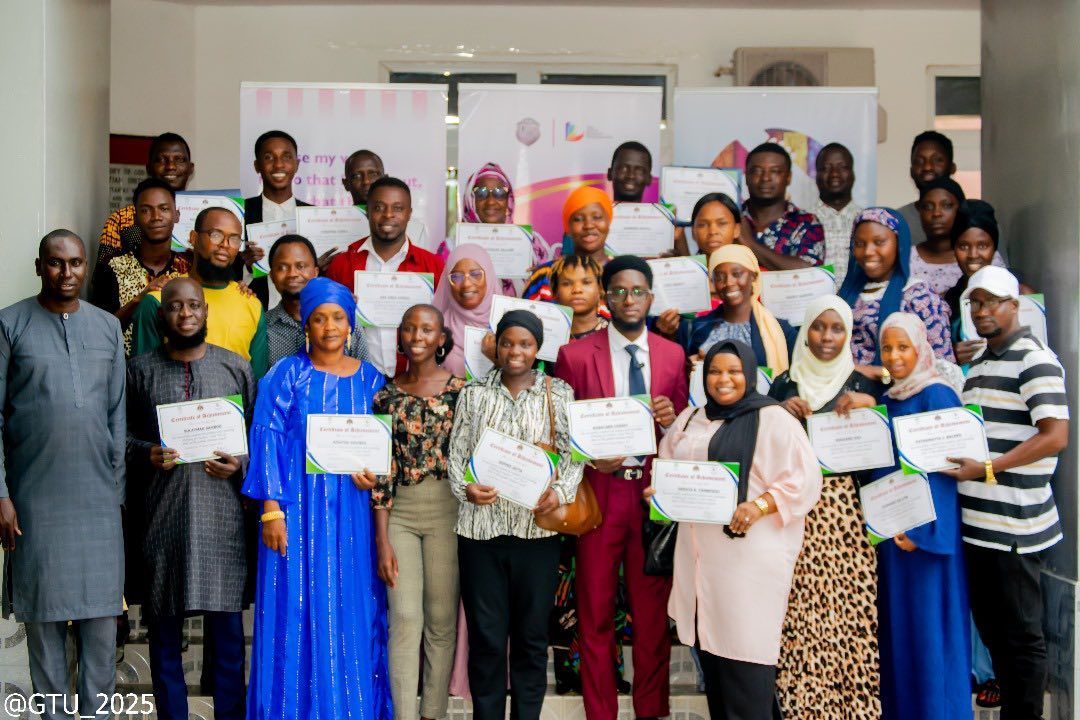The Steve Sinnott Foundation Response to COVID-19 Crises in Phnom Penh
Nicola Palairet is the Partnership Development Director for Flame and
has been working in Phnom Penh for more than five years now.
Life for the marginalised families living in Phnom Penh’s slum
communities is tenuous at the best of times. Flame staff identify
families whose children are unable to attend school because of
financial pressure. We give these children the opportunity to go to
school. For many it’s not just a chance for education, it’s a radical
change in their life’s trajectory. Without it, these children would
be unable to break out of the cycle of poverty. SSF and Flame are
partnering to make a difference in their lives.
While official cases of COVID have been remarkably low in Cambodia,
closing borders and the overall shrinking of the economy has led to
massive losses in the tourism and hospitality sectors. COVID-19 has
increased stress and financial hardship significantly. For some, there
has been the threat of homelessness; for others, a decrease in daily
wages has impacted the ability to put food on the table. Incomes
for those ‘at risk’ is so low that hunger was already a serious issue
pre-COVID. So, even when a family recognises the importance of
education, food is the first priority – and school takes second place.
Many children have a deep desire to learn in school but are prohibited
by the financial strain on their families. We have sought to address this.
Children who in the past have had to work to support their families
or provide care for younger siblings are now regulars in school and
attend the Flame After School Centres daily where they laugh and
learn, as well as get a nutritious snack and have their own toothbrush!
There are computer classes for the older kids and daily literacy and
numeracy lessons for each child. The centres are clean and bright, and
the teachers who have also come from hard backgrounds, appreciate
the challenges of education for these young kids. They know exactly
what it’s like to face huge obstacles and overcome them. This is what
we call ‘The Full Circle’.
As a young child, one of the children in our program, Sokea, walked
the streets with a huge plastic sack of recycled bottles on his back.
His recycling work to support his family left him no time for school. At
home, his dad was on a small daily wage as a motorbike taxi-driver and
his mother was bedridden. When we first met him at 9 years old, he
told us that he would love to attend school. He had previously been in
school but had to drop out to support his family.
We visited his parents
and asked permission for Sokea to attend public school and our After
School Centre. We said we would supplement the family for the loss of
Sokea’s income and they agreed. When finances were tight, however,
his family continued to send him out to collect plastic, but this is
often part of the transition from working to education. The family and
Sokea understood the importance of regular school attendance but
making school a daily priority was hard.
Sokea has now enrolled at the University of Management to study law. He works part time for Flame
and is a kind and conscientious guy who actively comes alongside
other kids and encourages them to stay in school.
You can read more
about Sokea on the Flame website:
www.flamecambodia.org/blog/sokea-from-collecting-plasticbottles-
to-university21/1/2021.
The Steve Sinnott Foundation has partnered with Flame to support
children of the urban poor in Phnom Penh who struggle to access
education. SSF has provided school supplies for 250 children.
From Engage edition 22.
Nicola Palairet • July 12, 2021

In our continued commitment to ensuring quality and inclusive education for every child, we’ve taken our advocacy to a new level by empowering the next generation to lead the conversation. In partnership with The Gambia Teachers Union, we recently convened the Foundation’s Young Ambassadors for a vibrant day of engagement dedicated to promoting the right to education for all. The event brought together passionate students from selected senior secondary schools across Region One, including St. John’s School for the Deaf, to explore what it truly means to make education inclusive, equitable, and accessible to every learner.

The Steve Sinnott Foundation is proud to celebrate the inspirational winners of the 2025 Seeds of Hope for a Better Future competition, a global initiative supported by UNESCO that brings together creativity, community, and a shared commitment to peace and sustainability. This unique project invited schools across the world from nursery and primary through to secondary and high school to explore the values of peace, cultural understanding, and care for the planet. In the face of climate change, young people were asked to tell their stories through art, performance, and digital creativity, highlighting how small seeds of action can grow into powerful movements for hope. The results have been extraordinary. Schools in France, the UK, Gambia, Haiti, and Kenya have been recognised for their outstanding contributions, with projects ranging from community gardens and sculptures to dance performances and illustrated stories. Each winner has shown how young voices and imagination can nurture peace and sustainability in ways that inspire us all. The full Awards Ceremony can be watched linked here: S eeds of Hope For A Better Future Awards Ceremony 2025 Highlights from the Winners Oak View Primary and Nursery School (UK) created Faces of Feeling, a collection of joyful sculptures already exhibited in a local gallery. Judges praised their work as supporting the wellbeing of others and embodying the idea of children as true “Seeds of Hope.” St Joseph’s Senior Secondary School (Gambia) painted Campaign for a Sustainable Banjul , reflecting real-world climate action in their city. The judges described it as “a most deserving and robust winner.” In France , the Jardin d'Enfants des Nations Unies (United Nations Nursery School) won hearts with Wind of Peace , where 5-6 year olds combined drawings, paintings, and tree planting to champion reforestation. Lyng Hall Secondary School, Coventry (UK) collaborated with Henley Green Primary and the UK Literacy Association to produce The Heart Shaped Hole – an innovative and metaphorical take on Seeds of Hope. Earlsdon Primary School, Coventry (UK) impressed with Primary Plot , a project that included gardening with the visually impaired, reflecting inclusivity and sustainability. A remarkable cross-collaboration between 21 schools across West Yorkshire, Essex, and Tower Hamlets (UK) resulted in Lights, Camera, Score , an ambitious combination of animation, music, and storytelling. CIMA Community School of Hope, Haiti shared Konbit - a video of dance and solidarity, inspiring villages to work together for peace and dignity. Daraja Academy, Kenya presented an ambitious and optimistic project integrating sustainability into everyday school life. Celebrating Creativity and Peace This year’s competition was judged by an impressive panel of artists, writers, and cultural leaders including Sir Antony Gormley, Edmund de Waal, Dame Liz Forgan, Hugh Quarshie, and Rathna Ramanathan. Their collective expertise highlighted the quality and depth of the entries, each of which showed how art can be a powerful tool for global understanding and change. The Seeds of Hope initiative is part of UNESCO UK’s Arts and Culture for Peace programme, first launched in 2022. It has grown from earlier collaborations such as the Coventry Young Ambassadors’ Islands of Peace Japanese Garden , opened in 2021 a living reminder that seeds planted in communities can continue to flourish. Highlights from the ceremony can be found here at this playlist Looking Ahead As Ann Beatty, UNESCO ASPnet UK National Coordinator , shared: “The quality of entries was extraordinary. We are delighted at the response to this amazing initiative in collaboration with our international partners.” And in the words of judge Jannette Cheong : “Young people around the world understand well the value of peace and tolerant relationships between cultures. Their creativity is an inspiration to all of us.” At The Steve Sinnott Foundation, we believe that education is the seed from which hope grows. The Seeds of Hope competition is a shining example of how young people through creativity, compassion, and collaboration are already shaping a more peaceful and sustainable future. You can access the full online awards presentation here: Seeds of Hope For A Better Future Awards Ceremony 2025

The journey to strengthen the well-being and success of learners in The Gambia continues with a renewed commitment to guidance and counselling in schools. By August 14th 2025, we have successfully trained 140 educators across 𝐑𝐞𝐠𝐢𝐨𝐧𝐬 𝟏, 𝟐, 𝟑 & 𝟒 under our Guidance & Counselling Programme. A programme designed to equip educators with the skills to support students’ academic, social, and emotional development. Region 3 Teachers Complete Level 2 Training On Wednesday, 6th August, thirty teachers from Region 3 (North Bank Region) began a three-day Level 2 Guidance and Counselling training at the Christian Council in Kanifing. This programme built on their earlier Level 1 training in Farafenni, with a focus on deepening their capacity to serve as school-based counsellors. The training concluded with a certificate presentation ceremony, recognising the teachers’ commitment and marking an important step in their professional development. These certificates symbolize more than an achievement; they represent each teacher’s readiness to provide psychosocial support, guidance, and mentorship to learners across their schools.

